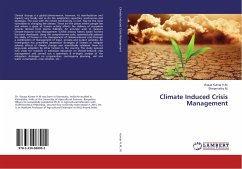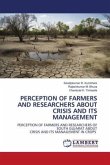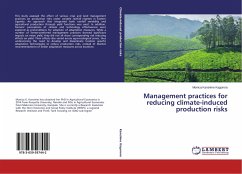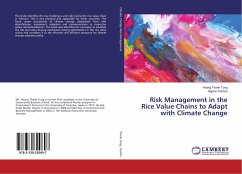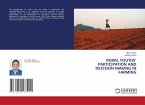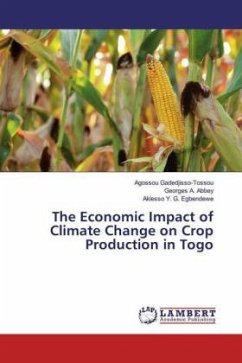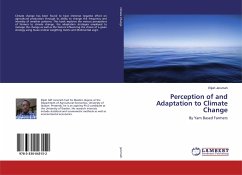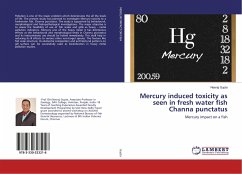Climate change is a global phenomenon, however, it's manifestation and impacts vary locally and so do the adaptation capacities, preferences and strategies. The area with the richest bio-diversity, in fact, may be the most vulnerable to changing the climate. These are the places where people live and where a spate of human activity affects the delivery of ecosystem services derived from marine habitats. An accurate scale to measure Climate-Induced Crisis Management (CICM) among fishery based farmers has been developed. Using the comprehensive scale, systematically assessed the ability of farmers in the management of climate-induced crisis through a combination of management of input, process and output variables. An investigation has unearthed adaptation strategies of farmers to mitigate adverse effects of climate change and scientifically validated them for large-scale adoption by other farmers in the country. The study opened new vistas for research in extension education on climate-induced crisis management and carried out a systematic & in-depth analysis of the mitigation strategies on crops/verities, contingency planning, soil and water conservation, crop rotation, etc..
Bitte wählen Sie Ihr Anliegen aus.
Rechnungen
Retourenschein anfordern
Bestellstatus
Storno

